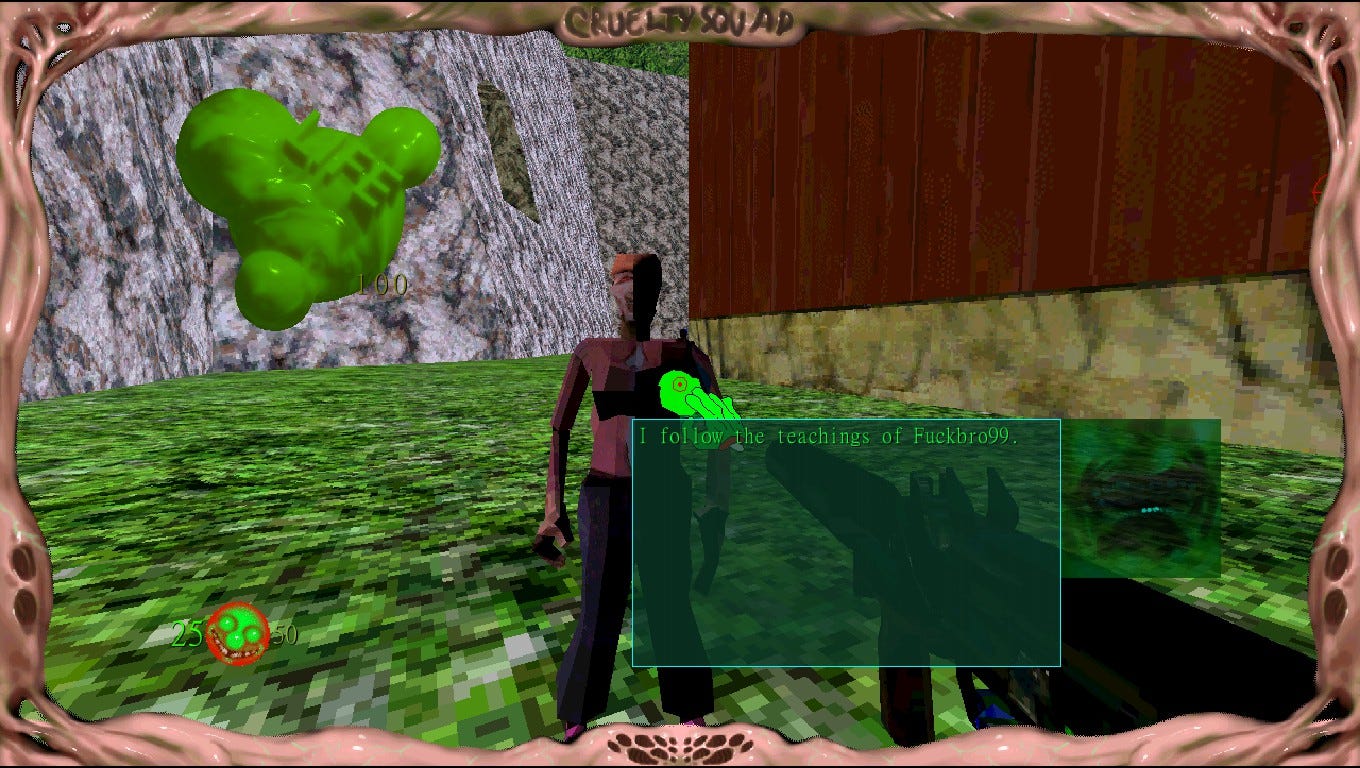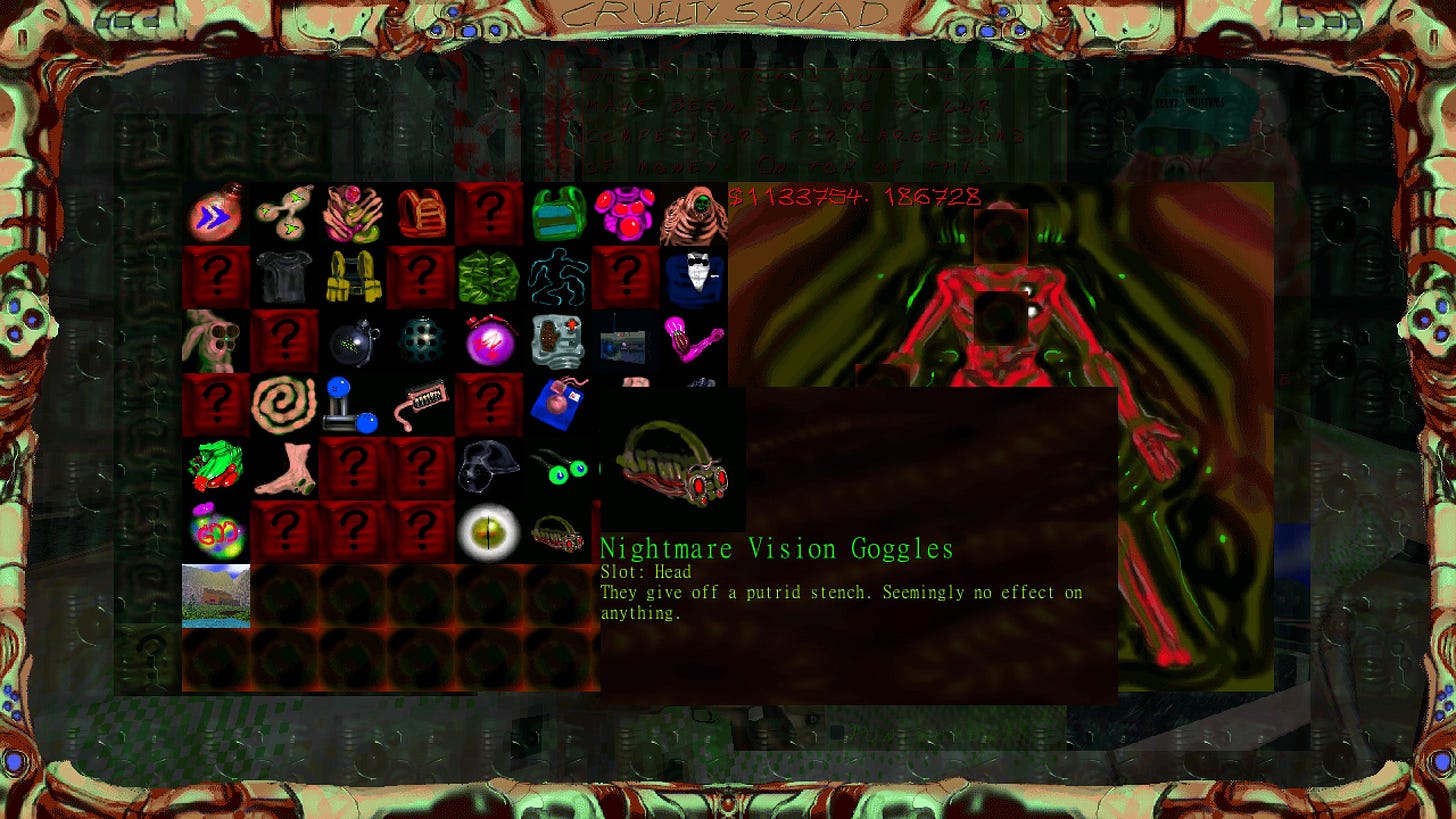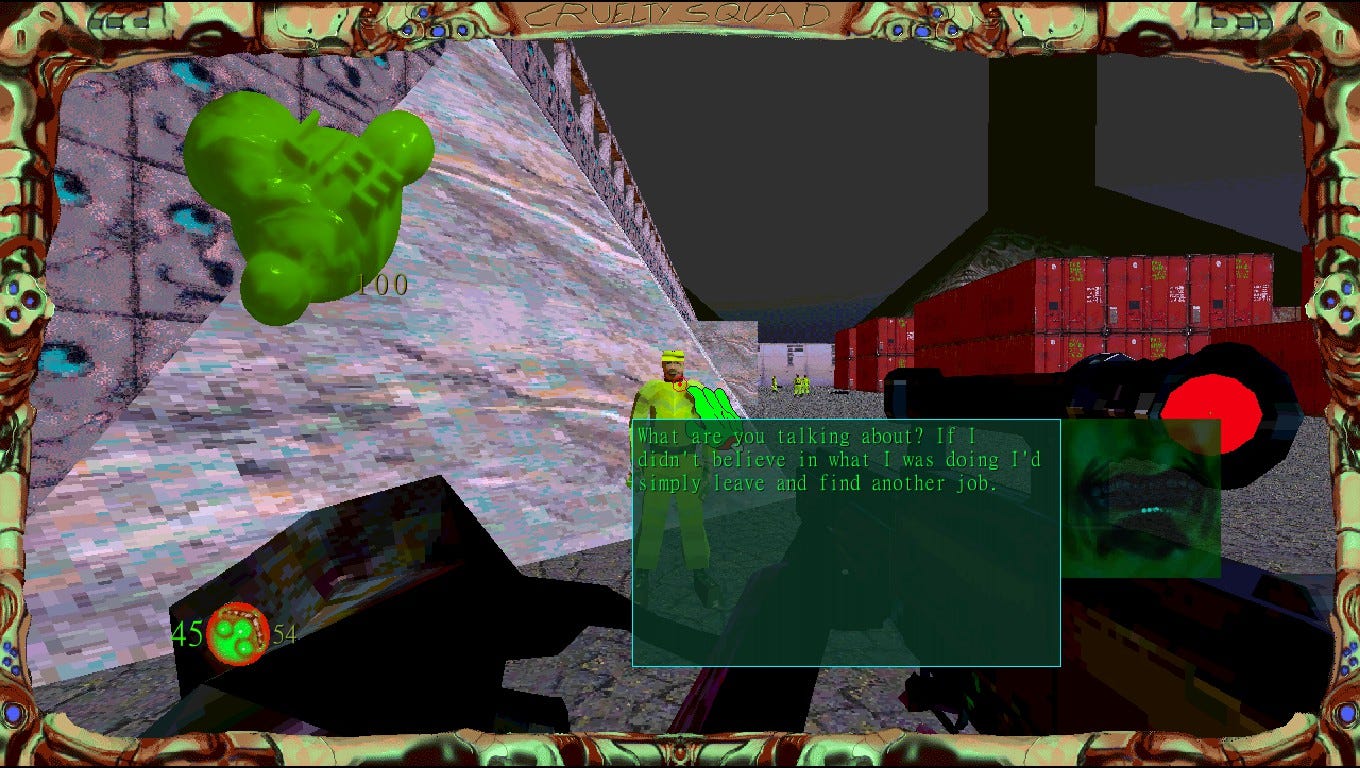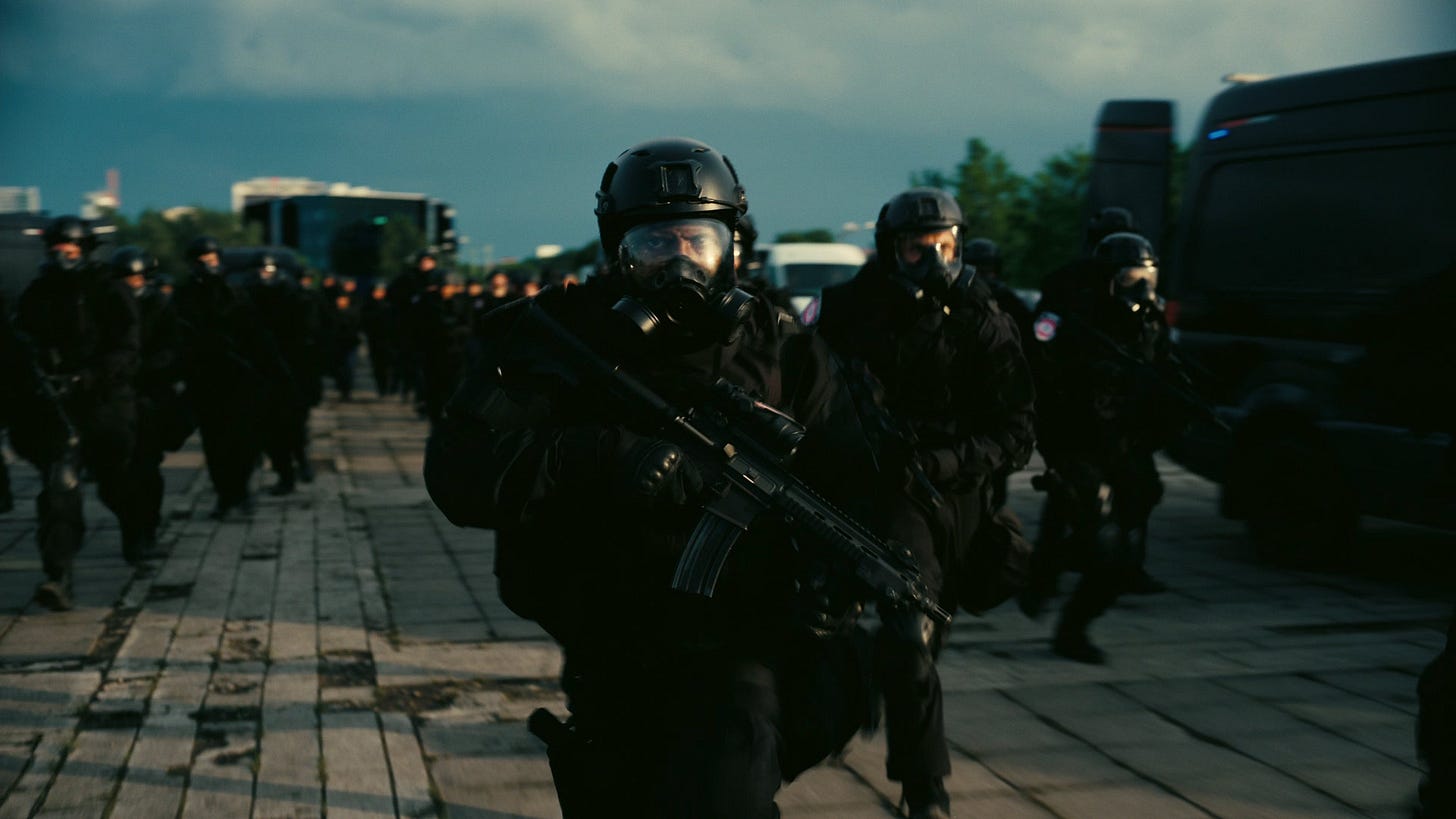This essay contains extensive spoilers for Christopher Nolan’s Tenet released in 2020. This is your first and last warning to turn back. If you haven’t seen it, go watch it. Then come back.
The world ended a long time ago.
At least, the concept of the world we once had. The world, the reality, where everything made sense — is over. And it’s been over for a long time.
The COVID-19 pandemic swept across the globe, bringing daily modern life to an abrupt halt. It was a complete and utter calamity.
The effects of the COVID-19 pandemic will undoubtedly be felt for generations. Despite this, we are already moving past some of its most pressing lessons.
It is impossible to look at those years with any sort of fondness, and the collective damage the pandemic and its overarching effects wrought on the world, on people, can not be understated. The collective misery, despair and suffering in that moment was immense and overpowering.
The world stopped. We stopped going to work (well, some of us — more on that in a minute). We stopped going anywhere. We stopped doing anything. The modern global economy did what was once the unthinkable: it shuddered and fell from a roaring monster to a slow, careful trickle.
Everything slowed down. The global attention turned toward things once thought as incidental afterthoughts — health and well-being. A huge number of jobs, once painstakingly performed day after day after day ad nauseam and seen as a great privilege to perform, were deemed non-essential. In fact, the jobs deemed undesirable, unpleasant, unskilled — they were the ones deemed essential.
As the world economy continues shuddering back to life, drawing each of us back into its fold, we’ve quickly become re-occupied with all the things we once were. The things that prevented us from imagining another, slower, more meaningful life. The world that used to be, the world we imagined as alive but imperiled. For a moment we caught a glimpse behind the curtain. We can’t forget what we saw. It haunts us. Push it down, ignore it, try to forget, try to pretend. But the truth has already been laid bare. That world is over.
Many artists sought to capture that moment and look ahead to where we are now. There were many great works, but two have remained on my mind nearly everyday since their respective releases.
Cruelty Squad - The Twilight World.
No piece of media better understands our current state of affairs than the 2021 video game Cruelty Squad, made by solo developer Ville Kallio.
Nearly everyone who talks about Cruelty Squad will mention their initial reaction to playing or even seeing images of the game, with that reaction being characterized as nothing less than a shock to the system. The game leaves a lasting impression even on players who bounce off of the game at this early stage.
Players control the protagonist, a hyper-masculine man with neon green shades. The unnamed protagonist1 is a hitman for hire that takes on jobs to eliminate targets, usually corporate higher-ups.
What is most striking about Cruelty Squad is its hideousness. The game is undeniably ugly. From the title splash onward, Cruelty Squad subverts or forgoes nearly every piece of design language gamers have come to expect. The soundtrack is immediately dissonant and discomforting. The menus are a sort-of strangely organized chaos. The game’s environments and characters are jagged and blocky, textured in a vomit of neon greens, pinks and reds. Obtuse and downright odd UI elements crowd the screen.
This, by itself, would be easy enough for many gamers (who are, and I say this with love, not the most media literate demographic) to brush off as an unorthodox art style or aesthetic. What makes Cruelty Squad’s ugliness so striking and impressive is its dogged thoroughness. Beyond its ugly visuals, score, sound design, and narrative Kallio has managed to make the game’s mechanics ugly as well.
Players accustomed to modern shooters emphasizing fast, slick maneuvers and run-and-gun gameplay will be shocked to find even slight movements will render their character’s aim completely inaccurate. Even more baffling is how weapons are reloaded: players must hold right click and then move their mouse downward until their character’s weapon is lowered offscreen before returning fully loaded.
It is no surprise the game is polarizing, with many players bouncing off of it. Cruelty Squad is actively hostile toward the player, assaulting them at every turn with ugly graphics, its dissonant soundscape, bleak narrative and obtuse controls and mechanics. Those who continue to engage with Cruelty Squad do so because it is an immaculately designed video game, with each element contributing to a shockingly tight and cohesive experience.
Cruelty Squad holds up a mirror to our daily lives, unmasking our rituals and experiences for the horrible things they truly are. The protagonist takes on increasingly deranged and dangerous hit-job contracts for a reason anyone outside of the world's 1% will understand: to pay his rent. Who among us hasn’t stomached a job’s senselessness or downright maliciousness because we had no other choice?
The more you continue to play Cruelty Squad, the deeper it sets its hooks into you. After only a mission or two, the once alien environments become recognizable and patterns begin to emerge. There is an overarching, internal logic that ties everything in the game together that will reveal itself to the player. By mission three or four, you’ll be coasting through the levels with an alarming efficiency. Even the most outlandish of the game’s mechanics become second nature.
It is this understanding, this ability to see the fantastic game that lies beyond the layers of hideousness, that is horrifying. Looking through the mirror that Cruelty Squad holds up to our reality provides players a glimpse into the everyday horrors they’ve looked past in their own lives. Entire nations and cultures built on genocide2. Aimless lives led in idle pursuit of profit and material. Blind, unquestioning faith in economic and political theories that have caused more pain and suffering than any religion or dogma could.
Much like looking into a mirror, these player’s realizations come in a sort of reverse order. The ugliness of Cruelty Squad is immediately striking because of how unusual it is3. Once players see how its elements fit together like a perfect puzzle, the game’s beauty is revealed to them. It directly mirrors typical ideas of childhood wonder and curiosity giving way to adult stress and cynicism. Carefree at first, we see things differently upon learning how haphazardly and even maliciously the hundreds of systems that intervene in our daily lives have been designed.
Some of the game’s most abstract mechanics are likely the last ones players will pick up. The game’s economy revolves around an in-game stock market, which allows players to buy, trade and sell the stocks of various in-game companies to make (or lose) money. There exist similar markets for fish, which can be acquired throughout the game with a fishing rod, and organs, which can be acquired from deceased NPCs.
These markets hum along in the background of the game, with prices for each asset ticking up and down while you play. Certain actions you take in the game will cause prices to crash or soar — something players with insider knowledge can take advantage of. Doing so will allow easy access to a secret level that costs a million in-game dollars to unlock, simply titled “House.” The fact that owning a house is one of the game’s most difficult tasks to achieve and is almost impossible to do without insider trading is one of the game’s best jokes.

"After 30 years of sweat and tears you've finally made it. You're a home owner now. No more landlords, no more rent. You're a master of your own destiny. Enjoy this moment."
— “House” level description
The game’s plot gets more absurd as the game continues. The protagonist eventually traverses a cyberspace grid to slay some sort of malevolent deity, culminating in the protagonist reaching an epiphany before credits roll. Players seeking further punishment can take on the game’s harder difficulty to explore secret levels, unlock more gear, face more horrors and see additional endings.
Tenet - No friends at dusk.
Just as Kallio’s imagined world of Cruelty Squad delivers a devastatingly thorough, analytical line-by-line critical takedown and denouncement of contemporary society and its ills, director Christopher Nolan’s Tenet (2020) delivers an effortless, light and airy rebuke of such a nihilistic worldview.
While Tenet addresses many of the same themes explored so thoroughly by Cruelty Squad, it takes an almost directly opposite approach. Cruelty Squad holds an image of the world up to viewers and asks them to look at it, to examine every detail and bask in its repulsiveness, to peer into the vile core that makes up and corrupts everything we know and hold sacred. Meanwhile, Tenet presents these same ills to its viewers and asks, “So what?”
Tenet addresses the economic and cultural ills of our time in no uncertain terms. The driving force of its action is climate change. Sator, the film’s primary antagonist, acts for a shadowy coalition of governments sending instructions from an apocalyptic future, where climate crisis has rendered the Earth barely inhabitable.
All of this is stated explicitly in the film, by Sator himself no less4. Knowledge of the impending climate doom along with a terminal illness seemingly drives Sator mad, making him willing to further damn the world by assisting unknown agents in the future to build a potentially physical-fabric-of-reality-ending superweapon known as “The Algorithm5.”
Throughout the film, Sator’s narrative of an impending climate apocalypse is never challenged. This is not an oversight or weak writing from Nolan (is there such a thing?). George David Washington’s character (simply referred to as “Protagonist,” in an interesting parallel to Cruelty Squad) seemingly takes Sator’s word at face value.
This is the true crux of the film -- Protagonist, despite knowing of this impending doom, this dark cloud moving closer to human civilization, unwaveringly continues his efforts to stop Sator and prevent the construction of The Algorithm.
Why? Simply because it is the right thing to do.
The subtext of Tenet is so thin, it is barely subtextual at all. The film is filled to the absolute brim with aphorisms that provide simple solutions to impossibly complex problems. Many are literally spoken by characters and used as mantras of sorts. Tenet’s characters are often uttering these phrases in response to questions about the mechanics of how and why the time travel or other science fiction elements of the movie function. They function as a categorical response to any question that attempts to begin a heady philosophical discussion or scientific hypothetical, for both Protagonist and viewers: Tenet ain’t that kind of movie. Nolan does his more analytical viewers a great kindness by redirecting their focus, warning them not to get lost in the details and instead focus on the broader message.
Nolan primes the viewer to read the film in this way early on. Just after the film’s opening at the opera house, a character is showing Protagonist how to manipulate objects which have been “inverted” -- objects with reversed entropy, i.e. objects moving backwards through time. As he struggles, they tell him, point blank: “Don’t try to understand it. Feel it6.”
Throughout the film, many characters repeat another phrase, “What’s happened, happened.” This mantra, which viewers later find out originates from a future version of Protagonist, acts as an anchor to the present moment and a tool for those assisting Protagonist to accept unpleasant realities of the past and the future7.
The harder to find messages are made barely more subtle simply by obfuscation of the plot for first time viewers. Another character, Kat (Elizabeth Debicki), recounts early in the film the horrible abuse she endured for years at the hands of Andrei Sator (Kenneth Branagh). Kat retells a specific memory in which she recalls seeing a woman, who she assumes is Sator’s mistress, swan-diving from a boat the two are on. She explains how the moment made her envy the woman, not because of her alleged extra-marital relation to Sator, but because of her freedom and agency in that moment. She goes on at length, describing how seeing the woman made her wish she could feel so free, so in control of her own destiny. Near the end of the film, the audience is shown that the woman in question is actually Kat from the future8.
One of the hardest instances of this to spot is the film’s subtle implications that Neil (Robert Pattinson) is Sator and Kat’s son. It’s never explicitly stated that he is, but the inference can be made from many of the character’s conversations and details revealed to viewers, as well as subtle framing and editing techniques used by Nolan to nudge viewers to the realization. Neil, who assists Protagonist and his allies in resisting Sator’s plans throughout the film, never once lets on that he may have a close personal relationship to Sator. Near the film’s conclusion, he knowingly gives his life in a final conflict with one of Sator’s lieutenants, allowing Protagonist to secure The Algorithm to ensure it doesn’t fall into the wrong hands. Neil appears startlingly happy and chipper to do this, seemingly accepting his fate as a necessary sacrifice for the greater good.
These examples are only among the film’s most obvious. The lack of subtlety in their delivery is not a clumsy flaw, rather it is intentional and what makes Tenet so brilliant. While its world is confusing (to put it lightly) and often hard for viewers to follow, Tenet’s messages are clear, direct and shine brightly through even its bleakest moments.
Don’t overthink it, just do what you know is right.
Accept that you can’t change the past or predict the future.
Only you can save yourself.
The son must pay for the sins of the father.
It’s as if Nolan is warmly embracing his audience, acknowledging their despair, and handing them a list of ... tenets ... to follow.
Call it what you want.
Two sides of the same coin, Cruelty Squad and Tenet grapple with the hugely complex problems facing the world today. To borrow Nolan’s apparent fondness for aphorisms: it seems as if the game of musical chairs is nearing its end; the bill must soon be paid; the jig is nearly up.
Kallio’s vision of our current moment conveyed through Cruelty Squad is an understandable, yet shockingly deep, blood red rage. The game makes no effort in hiding its deep contempt for modern society, its architects and the throng of humanity that passively occupies and moves through it. The depth of its rage is matched only by the thoroughness of its critique, referencing nearly every significant modern and postmodern cultural theorist (and several lesser known9). “Look,” it seemingly says. “Look at what we’ve done. How could we do this?”
As said above, Nolan’s Tenet seems to offer an almost flippant, “So what?” in response. Although both texts feature an unnamed protagonist, they serve as opposing figures. Cruelty Squad’s protagonist, despite having an inherent level of agency due to being a player-controlled character in a video game that emphasizes player choice, displays little to no power or control over his environment. While players have complete control over the strategies and tools they use to move through the game’s levels, they have little control over what happens in the game’s narrative. The game offers three endings, with the easiest to achieve being seemingly cheery and optimistic (comparably to the rest of the game), albeit with a dark undertone10. The game’s two other endings are increasingly esoteric and nihilistic, seeming to represent a descent into madness for those who dare seek the truth surrounding the game’s reality.
In contrast, Tenet’s Protagonist seems to act as a true agent. It is surely no accident he is introduced as a literal field agent of a three letter agency in the film’s first scenes. His perception of reality is shattered at the end of this sequence when he swallows a placebo he thinks to be a cyanide pill (a likely nod to the hugely culturally impactful scene from The Matrix — here, it is subverted to be a literal “black pill” moment11) which whisks him away from his former life and into the events of the film. Like Cruelty Squad’s protagonist (and by extension, its players), Tenet’s Protagonist is faced with happenings and information that directly contradict and upend even his most fundamental knowledge of what is true. However, as Kallio’s protagonist sinks deeper and deeper into despair, Nolan’s Protagonist stands unwavering. Not only does he ask, “So what?,” he continues, “What am I going to do about it?”
Cruelty Squad’s protagonist makes a (seemingly non-canon) guest appearance in another game, Brigador. There, he’s given the tongue-in-cheek name MT Foxtrot, paying homage to the game’s unwavering nihilism.
In one mission, the protagonist visits suburbia to take out several targets. One NPC tells the player they’ve heard the neighborhood was built upon an ancient and sacred burial ground. This alone would be a great throwaway line pointing to the horrors of colonialism, and yet I later discovered the level actually contains sprawling catacombs leading to a secret level.
As games have entered the mainstream cultural consciousness, they've largely moved towards a frictionless design that asks for very little buy-in from their players. Games that require a greater than baseline level of effort to understand or play are often seen as being for niche audiences, or those elements of friction are seen as unfortunate design issues to be solved. The success of complex modern games like Baldur’s Gate 3 challenge this notion. It’s a discussion that’s neither here nor there for the purposes of this essay, but I think it’s interesting to point out as another way Cruelty Squad is subversive to its very core.
Viewers could certainly be forgiven for not catching this. The film moves past it quickly and is almost non-stop throwing out phrases like “reverse entropy” and “temporal pincer movement” with minimal explanation.
Had Tenet come out only a few years later in the post ChatGPT world, I’m sure naming the reality-ending superweapon “The Algorithm” would have been seen as a bit too on the nose. A few years earlier and I’m sure the same could be said regarding the lively discussions that once existed surrounding social media algorithms. I think it’s safe to say Nolan has kept the superweapon’s function vague to serve as a stand-in for the dangers of unchecked technological progress.
In fact, the opera house contains a call and response code phrase which summarizes the overarching narrative and inspired the headers of this essay — “We live in a twilight world,” followed by “There are no friends at dusk.” Although this is truly the first time Nolan uses this phrase-as-narrative-framing device in the film, it’s a bit unlikely to be picked up on by first-time viewers. Almost as if the only way to catch it is to … go back in time.
Neil tells Protagonist the phrase is “an expression of faith in the mechanics of the world. It’s not an excuse to do nothing.”
The subtextual message here, that we are the only ones who can save ourselves, retains its subtlety for only a few moments. Later in the film, after realizing his future self had hired Priya (Dimple Kapadia) to be his handler, Protagonist shoots Priya to protect Kat and calmly tells her, “I realized we’re both working for me.”
Cruelty Squad openly pulls quotes and inspiration from Georges Bataille’s The Accursed Share. This recommended reading list compiled on Steam might first seem like an absurd joke in line with the game’s humor, but is actually probably pretty accurate to the game’s inspirations. The game even contains a direct reference to TempleOS.
The last line of the “good” ending reads, “The sun stares at you with eternal malice.” Absurd and nihilistic on its face, it’s likely another nod toward Bataille’s theory of “general economy” as laid out in The Accursed Share.
Protagonist’s black pill being a fake is a notable detail, especially considering the racist/misogynistic origins of the red/black pill shorthand developed on the internet. Also worth noting is that later in the film Sator reveals he has an identical pill which he plans to take, although his is presumably real.












